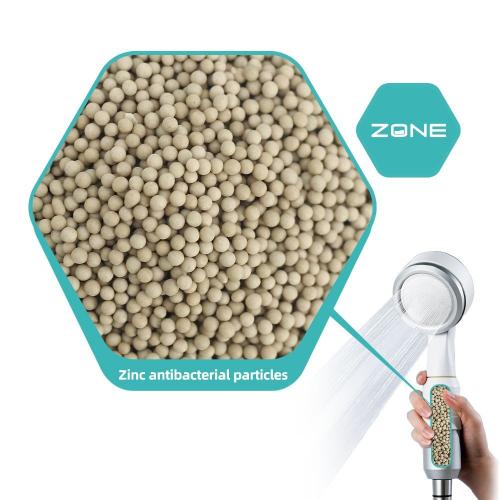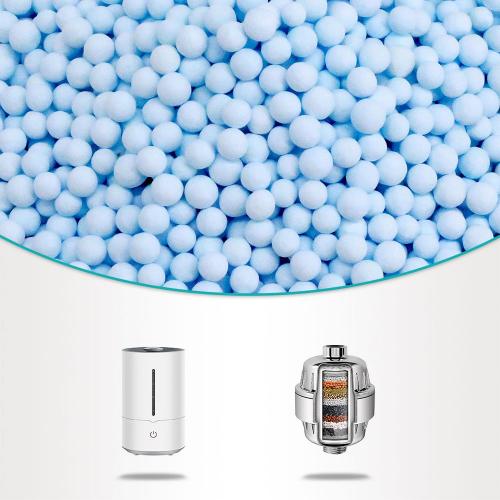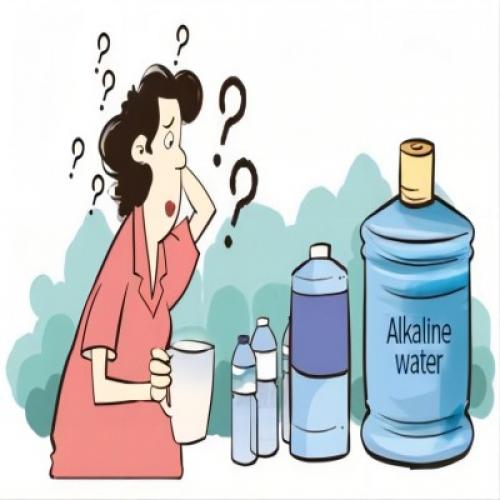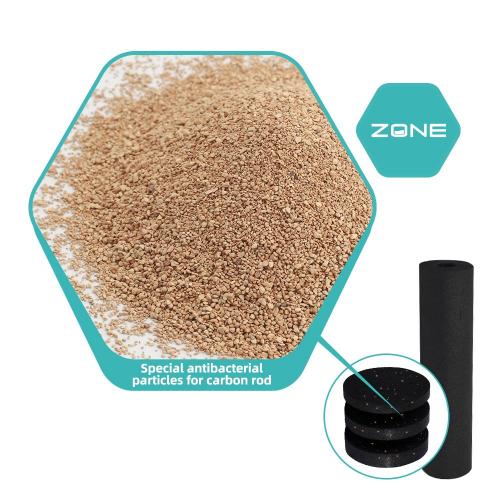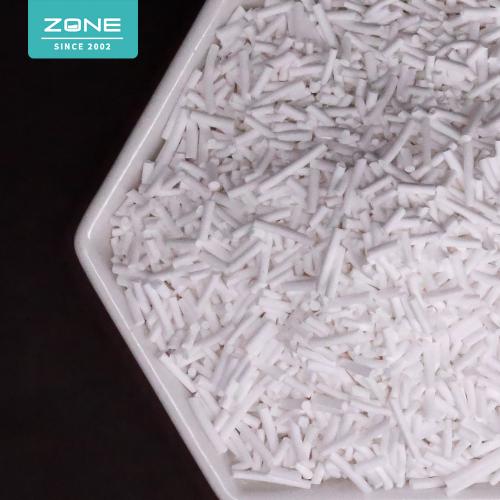Advantages of Phosphate-Free Antiscalant
Update time: 23-04-17 Views: 832
Advantages of Phosphate-Free Antiscalant
By Zhao from Onlyzone,a manufacturer of water treatment bio ceramic ball filter media in China
Antiscalants are chemicals used to prevent scale from forming or depositing in water treatment systems. Scale is an insoluble precipitate formed by the reaction of hardness ions (such as calcium, magnesium, etc.) in water with other substances (such as carbonates, sulfates, etc.). Scale can reduce the efficiency of water treatment systems, increase energy consumption and maintenance costs, and even cause equipment damage.
Traditional antiscalants usually contain phosphate or polyphosphate, which can prevent scale formation by forming soluble complexes or dispersants with hardness ions. However, these phosphorus-containing antiscalants also have some disadvantages, such as:
- Phosphate or polyphosphate itself will also precipitate under high temperature or high pH conditions, causing secondary pollution.
- Phosphates or polyphosphates are not effective or effective against certain special types of scale (such as silicates, iron oxides, etc.).
- Phosphates or polyphosphates can increase the total phosphorus content in water and have a negative impact on the environment, especially during wastewater treatment.
Therefore, phosphorus-free scale inhibitors, as a new type of environmentally friendly scale inhibitors, have received more and more attention and applications. Zibo Onlyzone has developed phosphorus-free antiscaling tablets suitable for long-term soaking in water such as humidifiers and repeated cooking in steamers and steaming cabinets. 40g of antiscaling particles can treat more than 10 tons of 350ppm spiked hardness water. The anti-scaling effect reaches 95%.
